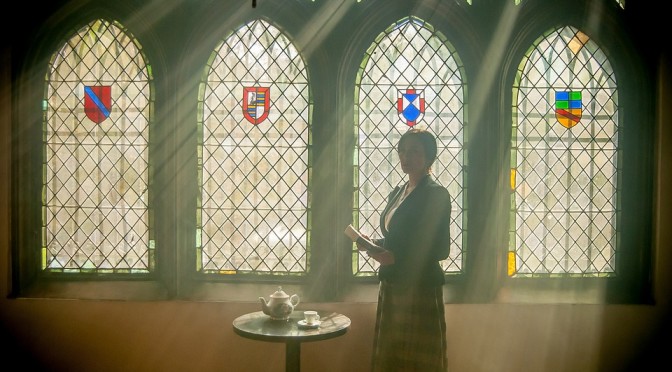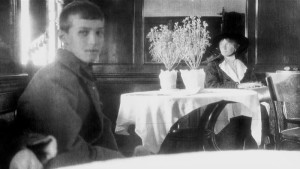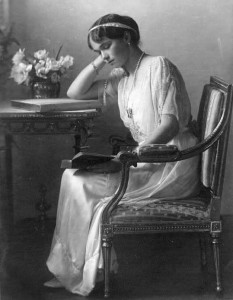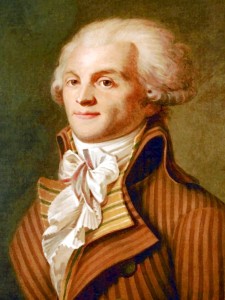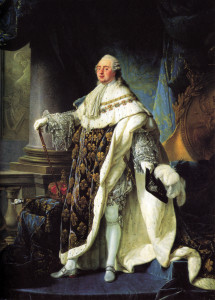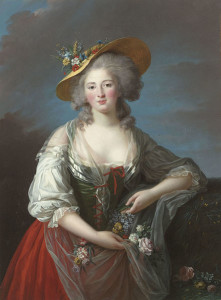Ah, March. Good days to celebrate. St. Patrick’s Day. Women’s Day. Anniversary of the organization of the Relief Society, the largest women’s organization in the world. Birthdays.
Plenty of reasons to celebrate the third month. I have to say in the last couple years, though, March has become a tough month for me. Especially last year.
I felt under attack by a really bad guy. A friend was under attack; I suspect due to the strength of my friend’s mother, whom the really bad guy was afraid. I turned to God to deliver me out of the heck I was experiencing. The matter eventually was resolved. It came after many prayers and tears–and most likely a certain mother stepping in. She made a few calls, and soon I was delivered.
A couple months later, I was suddenly sick. I hadn’t realized I had vomited, but the sound of a text message from my mom woke me up. The whole mother’s intuition thing is real, no doubt. Her text saved me.
The role of mothers is divine. They come to the rescue all the time. And all sorts of people know it. Both good guys and bad guys.
Nuclear families are being attacked; the attackers know strong mothers and fathers hold a great influence. The attackers a lot of times hide in groups that are anti-family. The anti-family groups’ standout strategy is to take out and take power away from parents.
Solid parents are so cool–even if they seem embarrassing at the time! I think how my mom brought lunch to me in second grade a few times after I forgot it, or stood up to the worker at the airport to let her help me repack my bags so we didn’t have to pay a fine. Or my parents paying and driving me to extracurricular activities, constantly helping with homework–which really ticks off the anti-family groups. And I’m just giving less than 1% of the things my folks have done for me! My parents are superheroes!
Look around this site of super heroes. The last post about Zipporah gives some insight on such a super woman from the Bible. Click here to read Exodus 4 :24-26 and be sure to read the side notes that clears up a confusing story where she has to step in for her husband so the family can be safe. (Moses is still super. They made a good team and definitely were both deliverers! And click here to read Brenda’s post about Moses’ mom–his first deliverer!)
The women whom didn’t biologically become mothers that are featured on this website, show that they’re the most intimidating when they too displayed mother bear protection. I’ve seen it in real life too! It’s awesome!
It’s well known mothers and maternal figures are key to raising up leaders. But man, this last year was tough, and when I saw these average moms kick butt to save me, I realized these women are actually extremely extraordinary! They can work behind the scenes quietly, and make a huge impact without making a public display.
I can’t get over it! Thank you to all moms out there who are doing their best. Seriously, how do you do it?
Featured photo from pixabay.com.

